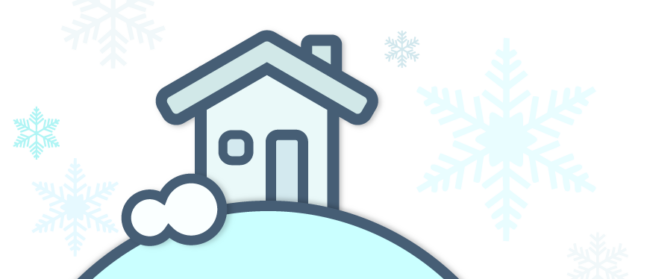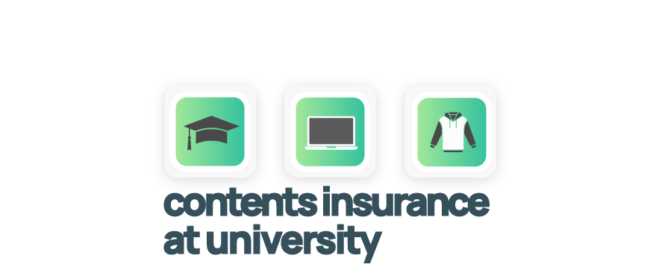
This article explores the differences of home emergency and home emergency plus cover - and how you could benefit from it.
Chimney safety is an often overlooked aspect of home maintenance. Yet, its importance cannot be overstated. A well-maintained chimney ensures not only the efficient functioning of your heating system but also the safety of your household. This article looks into what chimney safety involves, its significance, and how you can ensure it.
Chimney safety entails practices to maintain the structural integrity and functionality of chimneys. This includes regular inspections, cleaning, and necessary repairs. Safe chimneys must be obstruction-free, structurally sound, and have proper lining for safe smoke and toxic gas evacuation. Neglecting these practices can lead to chimney fires and gas leakages, making it crucial for homeowners to understand the basics of chimney anatomy and maintenance.
Neglecting chimney safety poses significant risks like chimney fires and carbon monoxide poisoning. Fires can escalate rapidly, causing property damage and endangering lives, while carbon monoxide poses serious health risks. Regular maintenance and safety checks minimise these risks, ensuring a safe and efficient heating environment.
Approximately 7,000 chimney fires occur annually in England, as per the National Fire Chiefs Council. These incidents, largely preventable, underline the urgent need for awareness and action in chimney maintenance. Pre-winter inspections and cleanings are crucial to prevent these occurrences.
To ensure chimney safety, follow these steps:
Have your chimney inspected and cleaned at least once a year by a professional, especially before winter.
Cleaning frequency varies with fuel type:
Be aware of causes like infrequent sweeping, burning unseasoned wet wood, overnight burning, and improper appliance sizing.
Burn wood with a moisture content between 15 and 20 percent. Both overly dry and overly moist wood can cause issues, like uncontrollable fires or creosote buildup. Avoid resinous wood, like pinewood.
Properly extinguish fires before bedtime or leaving home. For open fires, spread out wood and embers, cover them with ash, and sprinkle sodium bicarbonate. For wood burners, shut off air vents, spread embers, and lightly spray water or sodium bicarbonate.
Ensure your appliance size matches your room to prevent incomplete fuel burning and creosote accumulation.
Use services certified by The National Association of Chimney Sweeps (NACS) or other recognised bodies like HETAS for installations and maintenance, or The Association of Professional and Independent Chimney Sweeps (APICS).
Chimney safety is crucial for every household with a fireplace. By understanding the risks, acknowledging national statistics, and following these safety measures, homeowners can greatly reduce the potential dangers associated with chimneys.
Keeping your chimney clean is just one of the ways to prepare your home for winter. For information on other ways to get your home winter ready, read our article: Is your home ready for winter?
Intelligent Insurance provide home insurance for non-standard or unusual properties and circumstances. The policy has been Rated 5 Stars by Defaqto giving high levels of cover, including Home Emergency* and Legal Expenses cover as standard.
If you are looking for non-standard home insurance, or insurance for unusual properties or circumstances such as listed buildings, second home or properties made from non-standard materials, get a quote from us online today, or speak to one of our knowledgeable advisors through Online Chat, or call us directly on 03333 11 11 10.

This article explores the differences of home emergency and home emergency plus cover - and how you could benefit from it.

This article explores the differences of home emergency and home emergency plus cover - and how you could benefit from it.

In this article, we’ll explore why contents insurance is essential for students, what it typically covers, and how to choose the right policy for your needs